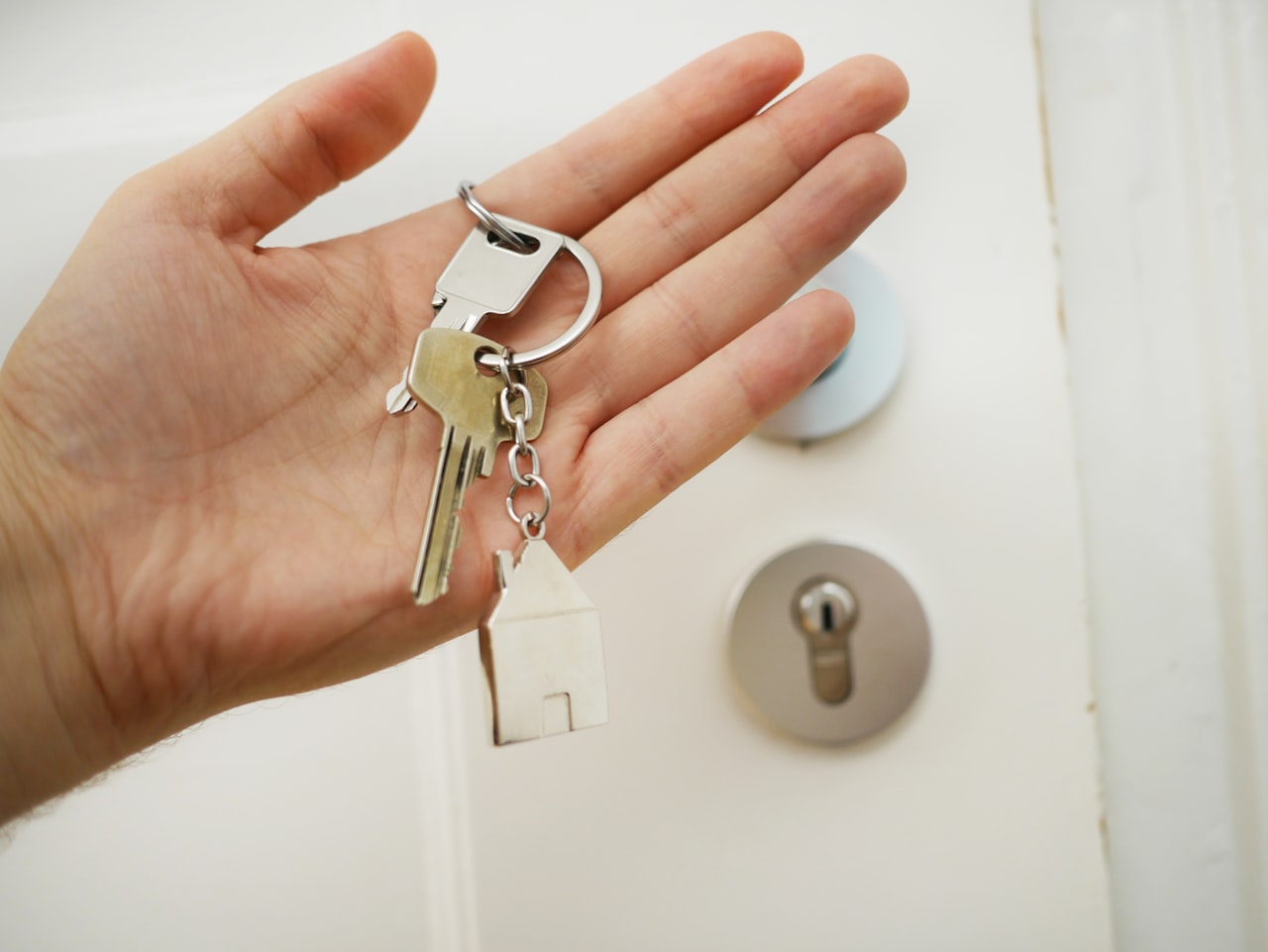For many young adults and professionals, renting an apartment has been the go to choice, not only because of the financial side, but because renting also comes with the flexibility needed earlier in one’s career and life. However, moving from renting to homeownership is a step many want to take, so learning how to save while renting is very important on your way towards putting down a payment for a home. In this article, we have some ideas for you to implement as a renter trying to save for your first home.
Understanding the Current Housing Market
To balance rent and savings, it's very important that you understand the current housing market in the city where you are renting and where you want to buy. This will allow you to prepare properly and make a plan for your next move.
The changes in both home prices and rents create a complex environment for those trying to save while meeting their current housing needs, so it’s good to have an idea of the trends during the last few years, construction plans, and the future developments in various neighborhoods and areas.
Assessing Your Financial Situation
Before coming up with a strategy to balance rent and savings, it's essential to have a clear understanding of your financial situation. Start by evaluating your income and expenses. Create a detailed budget that accounts for all your monthly costs, including rent, utilities, food, transportation, and discretionary spending. Once you know where your money goes, you can plan accordingly.
Next, calculate your debt-to-income ratio (DTI). This is a key metric that lenders use to determine your ability to manage monthly payments and repay debts. The Consumer Financial Protection Bureau offers a Debt-to-Income Calculator to help you determine your DTI. Ideally, your DTI should be below 43% to qualify for most mortgages.
With this information, you can determine how much you can realistically afford for rent and how much you can set aside for savings. A general rule of thumb is to spend no more than 30% of your gross income on rent, but this may vary depending on your location and financial goals. Of course, one of the most important questions now is whether you should rethink your rent to reduce monthly costs.
Strategies for Reducing Rental Costs
To increase your saving potential, consider negotiating your rent with your landlord. If you're a good tenant, your landlord may be willing to offer a better rate to keep you. Explain your plan and be willing to sign for a longer lease if that fits your lifestyle, because that might give you a better, fixed rent later on.
If you have enough space, think about finding a roommate. Sharing living expenses can significantly reduce your housing costs. Be sure to choose a compatible roommate and have a clear agreement in place.
Contrastively, if you think about moving, consider less expensive neighborhoods or smaller living spaces. While it may require some lifestyle adjustments, moving to a more affordable area or downsizing can free up more money for savings. This leads to the next idea.
Effective Saving Techniques
With reduced rental costs, you can focus on building your savings. First, create a dedicated savings account for your down payment. This helps you track progress and reduces the temptation to use the funds for other purposes.
Automate savings contributions to streamline the process. Set up automatic transfers from your checking account to your savings account each payday.
After that, cut unnecessary expenses. This can be tough, but if you’re really honest with yourself, it can lead to pretty significant savings. Review your spending habits and identify areas where you can cut back. Check your subscriptions and other automated payments to make sure there’s no money wasted.
If you have the time and energy, explore side hustles and additional income streams to create a larger pool from which you can save. Consider freelancing, part-time work, or selling unused items to boost your savings.
Government Programs and Assistance
As a first-time homebuyer, the government could help you and it’s good to take advantage of these programs if you qualify. Many states offer special programs with lower down payment requirements or favorable interest rates. Some local and state governments even provide grants or low-interest loans to help with down payments.
The U.S. Department of Housing and Urban Development website provides comprehensive information on these programs and other resources for buying a home.
Balancing Act: Rent vs. Save
Finding the right balance between rent and savings is a personal decision that depends on your specific circumstances. Experts generally suggest aiming to save 20% of your income for a down payment while keeping rent at or below 30% of your income, as we already mentioned. However, this may need adjustment based on your local market conditions and personal financial situation.
Set realistic timelines for homeownership. Depending on your savings rate and the housing market in your area, it may take several years to save enough for a down payment. Be patient and consistent with your savings plan.
Building Credit While Renting
While saving for a home, it's crucial to build and maintain a good credit score. A strong credit history can help you qualify for better mortgage terms. Experian notes that while paying rent doesn't automatically build credit, some services allow you to report rent payments to credit bureaus. Additionally, paying all bills on time, including utilities and credit cards, will positively impact your credit score.
Conclusion
Balancing rent payments with saving for your first home is undoubtedly challenging, but it's far from impossible. Use the tips we offered you today to make steady progress towards your goal of homeownership.
Remember, the journey to owning a home is a marathon, not a sprint. Stay focused on your goal, be consistent with your savings, and remain flexible in your approach. With determination and smart financial planning, you can successfully navigate the path from renter to homeowner.




























































































